At Café Scientifique, you can explore the latest ideas in science and technology in a relaxed setting. Enjoy listening to a short talk before engaging in debate and discussion with our guest speaker and audience.
 How can we shape a better future for ourselves and the planet? Join us on Tuesday 5 September 6:30-8pm for an evening of inspiring talks and discussions with postgraduate researchers from Bournemouth University, all currently working towards their PhDs, who will share their insights and perspectives.
How can we shape a better future for ourselves and the planet? Join us on Tuesday 5 September 6:30-8pm for an evening of inspiring talks and discussions with postgraduate researchers from Bournemouth University, all currently working towards their PhDs, who will share their insights and perspectives.
From patient safety and experience, to medical device reprocessing and recycling, these speakers will challenge you to think critically and creatively about the future we want to create. This event is free and open to all, and you will have the opportunity to ask questions and engage with the speakers and other attendees.
Patient feedback for improving NHS care by Sarah Chessell, PhD researcher in Health and Social Care. How can we ensure that patients receive the best possible care and experience in health and social care settings? Sarah will discuss how near-real time patient feedback can be used to create a culture of responsibility and challenge, with staff being able to respond and act positively to patients’ needs and preferences.
Reprocessing single use medical devices: a sustainable solution for the NHS? by Matthew Edge, PhD researcher in Bournemouth University Business School. How can we reduce the environmental impact of medical devices that are used once and then thrown away? Matthew will present research on reprocessing single use medical devices, a practice that involves re-sterilising, repairing and repackaging them for reuse.
This event will be held at The Black Cherry in Boscombe, Bournemouth. Although the talks start at 6:30pm, the café will be open early so we encourage you to arrive early for a drink and a bite to eat before the talk starts.

If you have any questions about this event, or you’re interested in getting involved with a future Café Sci event, please email the Public Engagement with Research Team: publicengagement@bournemouth.ac.uk
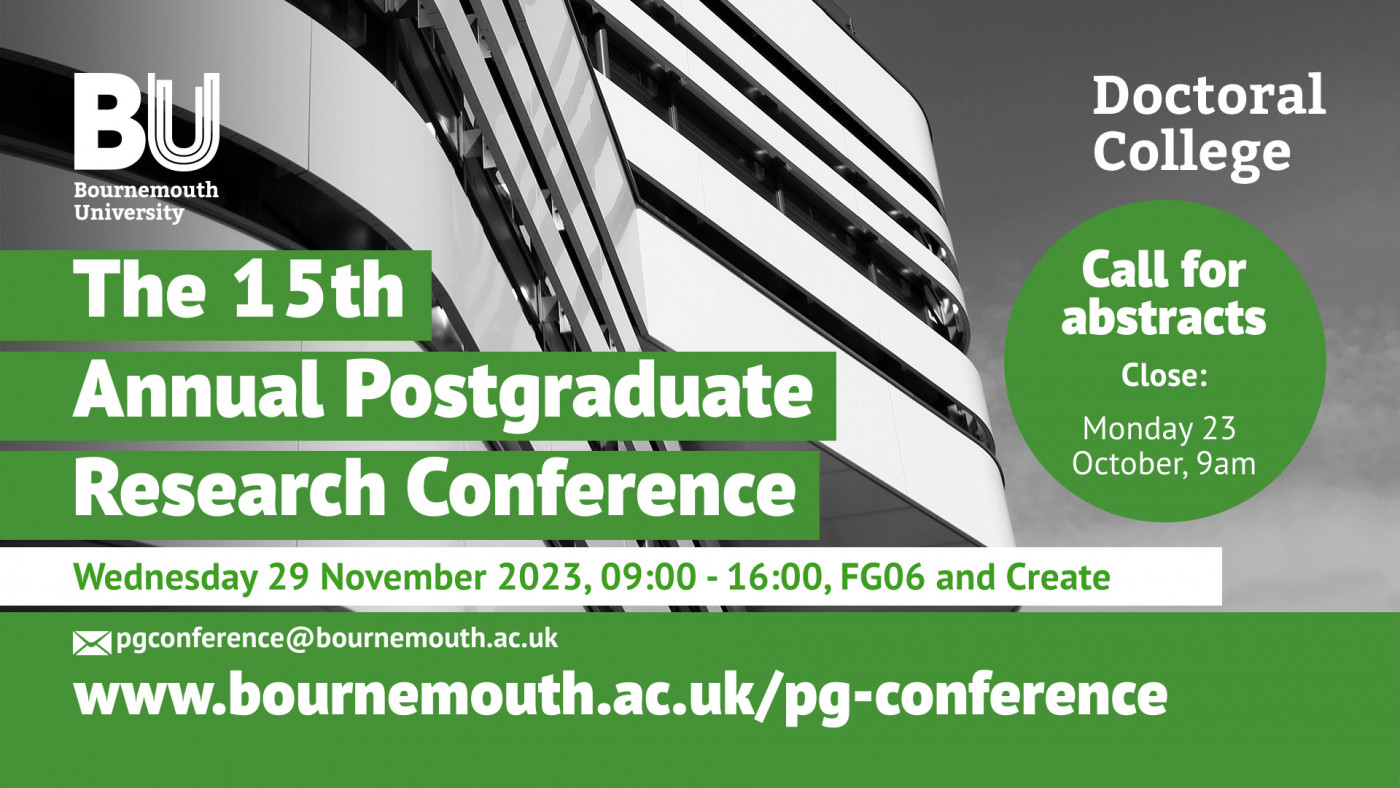
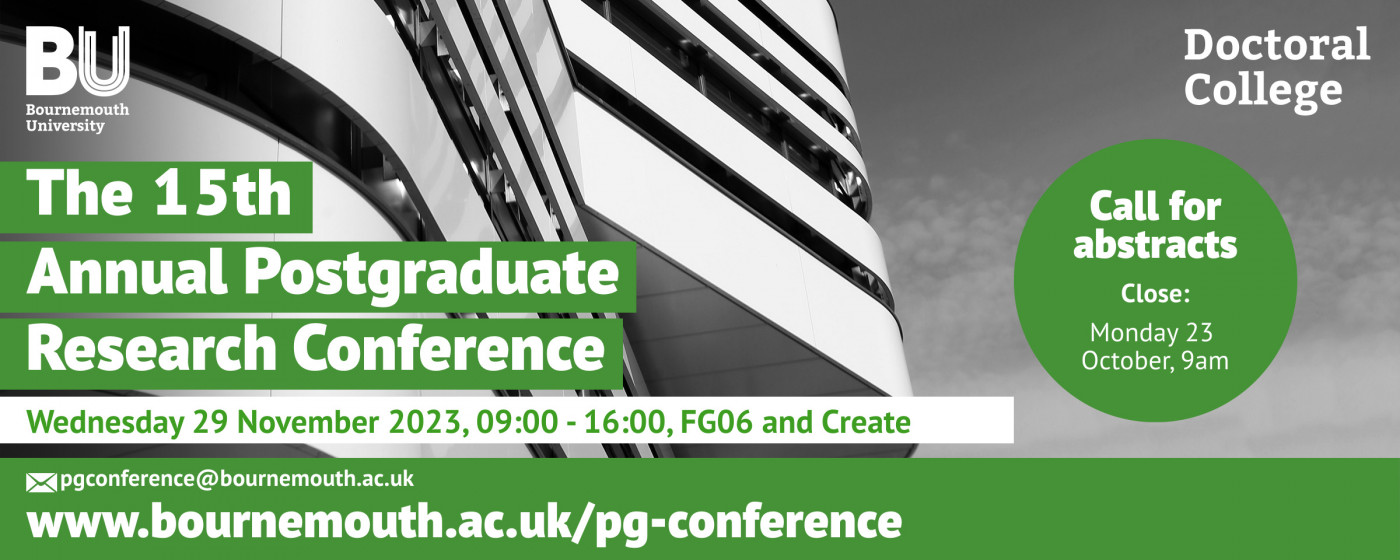



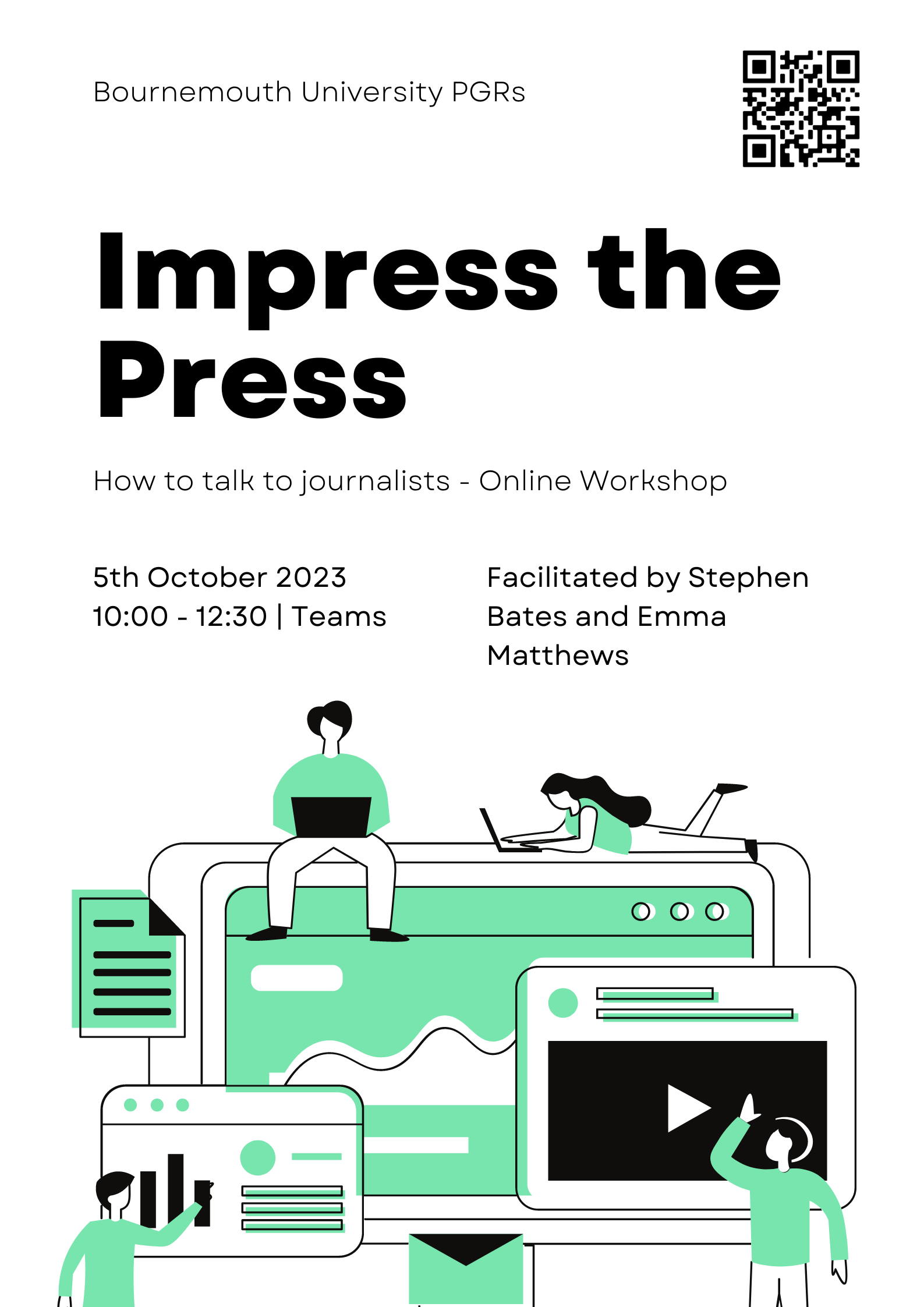
 How can we shape a better future for ourselves and the planet? Join us on Tuesday 5 September 6:30-8pm for an evening of inspiring talks and discussions with postgraduate researchers from Bournemouth University, all currently working towards their PhDs, who will share their insights and perspectives.
How can we shape a better future for ourselves and the planet? Join us on Tuesday 5 September 6:30-8pm for an evening of inspiring talks and discussions with postgraduate researchers from Bournemouth University, all currently working towards their PhDs, who will share their insights and perspectives.

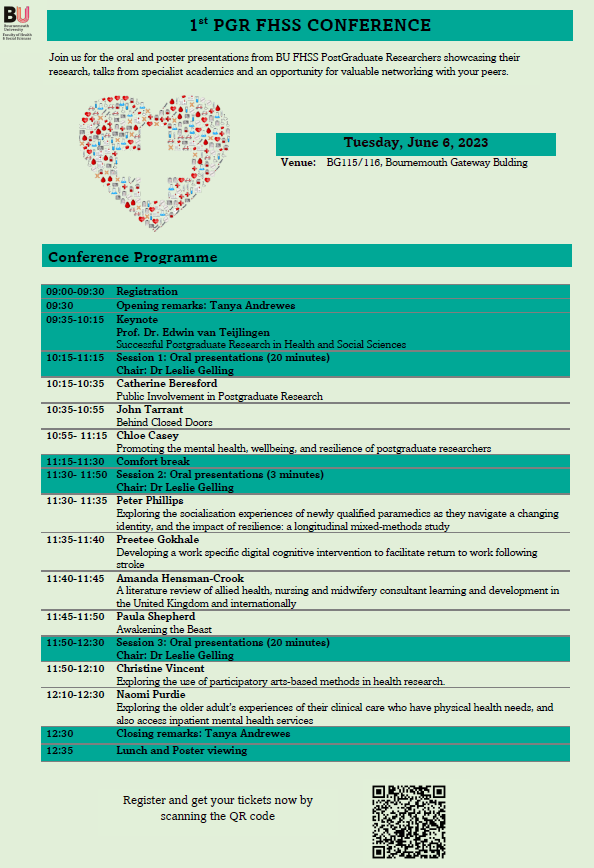
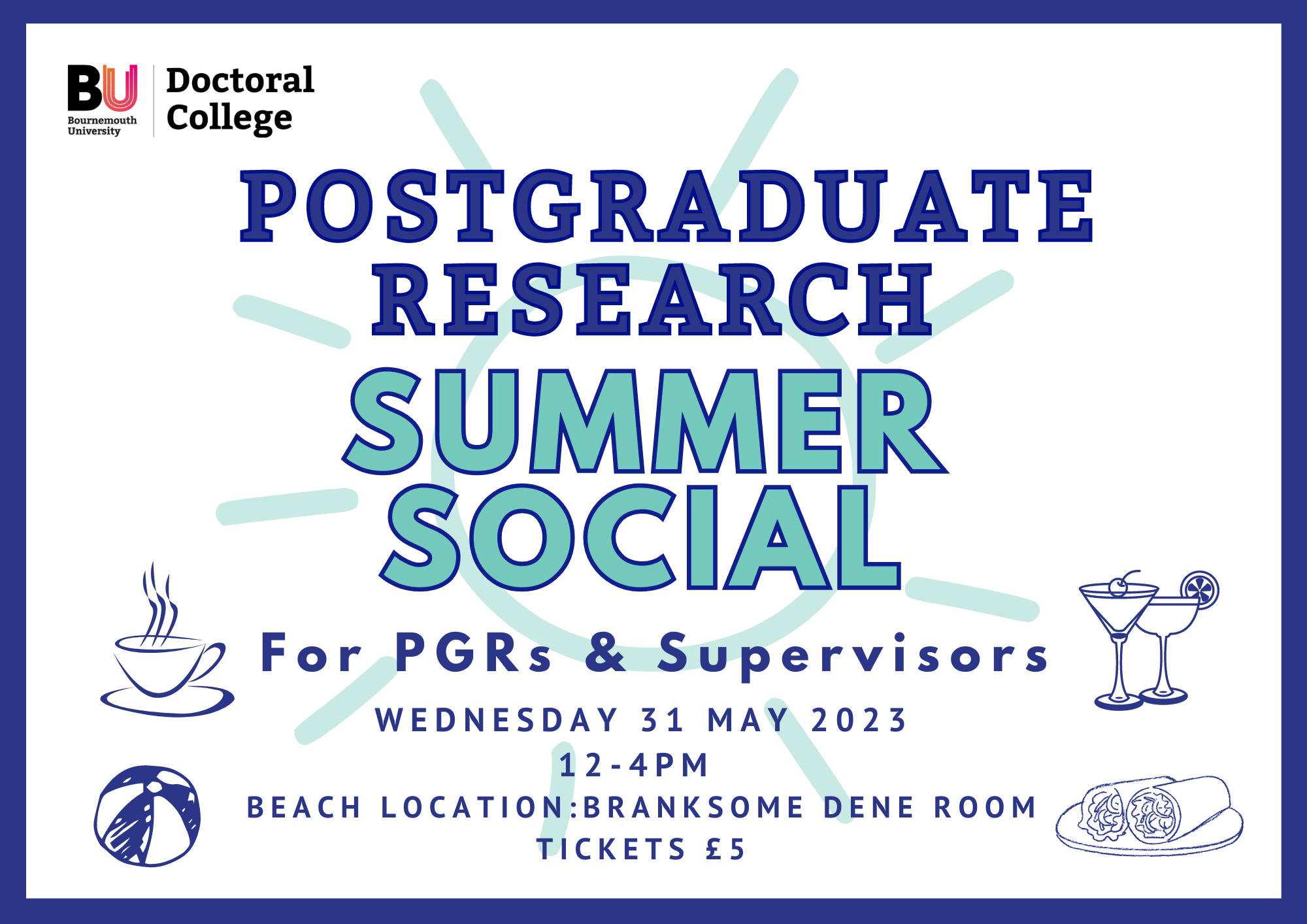












 BU attendance at third annual GCPHR meeting in June
BU attendance at third annual GCPHR meeting in June Interactive Tangible and Intangible Heritage Applications – BU student work featured in new book chapter
Interactive Tangible and Intangible Heritage Applications – BU student work featured in new book chapter Second NIHR MIHERC meeting in Bournemouth this week
Second NIHR MIHERC meeting in Bournemouth this week MSCA Postdoctoral Fellowships 2025 Call
MSCA Postdoctoral Fellowships 2025 Call ERC Advanced Grant 2025 Webinar
ERC Advanced Grant 2025 Webinar Horizon Europe Work Programme 2025 Published
Horizon Europe Work Programme 2025 Published Horizon Europe 2025 Work Programme pre-Published
Horizon Europe 2025 Work Programme pre-Published Update on UKRO services
Update on UKRO services European research project exploring use of ‘virtual twins’ to better manage metabolic associated fatty liver disease
European research project exploring use of ‘virtual twins’ to better manage metabolic associated fatty liver disease